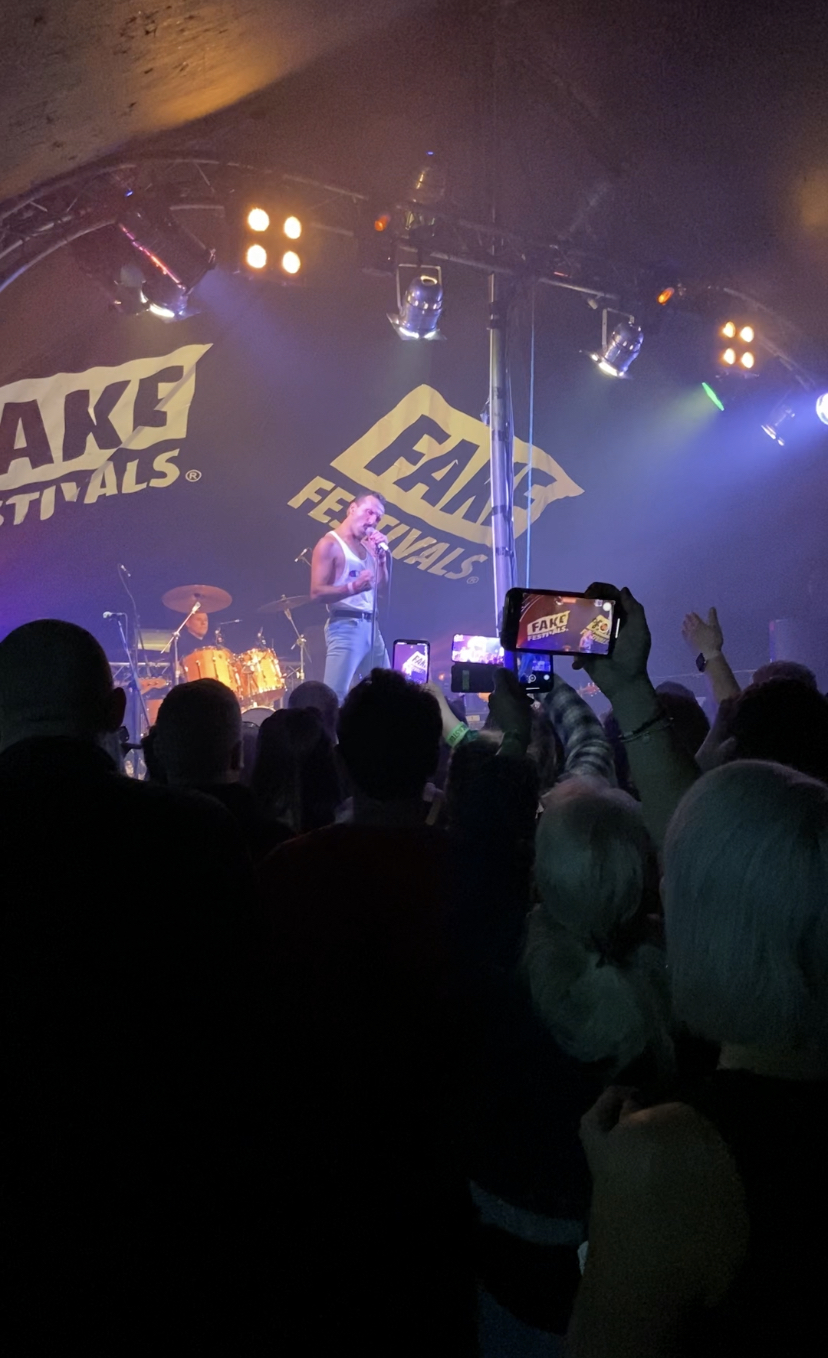Blog by Konstantin Hondros
From the 17th of April until the 19th of May I was visiting CREATe thanks to the support of the Glasgow Law Fellowship. Both being a “Glasgow Fellow” (as Marion McGhee taught me to call myself 🙂) and joining the CREATe team at the ARC have been a fabulous experience. The CREATe team is super friendly, very attentive and supportive wherever they can be; the ARC offers an ideal environment for intense exchange with colleagues and concentrated individual work. Residing on ARC’s fifth floor brought me close to the CREATe team and the wider Creative Economies & Cultural Transformation theme, as well as several STEM-research groups, while providing spectacular views on Glasgow’s West End and the beautiful bell tower of the University of Glasgow. Because I have already been a research visitor at CREATe during my PhD in 2018, I am in the surely not unique, but probably privileged position of having gained experiences at Professors’ Square Nr. 10 and at the ARC. To be honest and fair, both are great places to productively engage in scholarly work. The old building fosters intellectual phantasy through its sheer looks, and the vibrant science environment at the ARC can be a real hub for transdisciplinary knowledge creation. I am glad I had the opportunity to get to know both spaces.
After sorting out my staff card with the help of Dr Kenny Barr, I felt not only warmly welcomed, but also immediately integrated into the centre. On my first day in the ARC, I was allowed into a CREATe staff meeting led by Prof. Martin Kretschmer, where the team discussed current and future research themes, their main interests and, to some degree, also “research phantasies”. Taking part in such a “high profile” meeting involved me quickly with the group and offered me a detailed overview of “what’s going on” at CREATe. On my last Monday, the weekly meeting was led by Prof. Kristofer Erickson, newly returned to CREATe after several years in Leeds, who used the time wisely to let each team member more granularly describe their current research topics and future plans. During my stay, I got the whole package: learning both about individual members’ and CREATe’s overall projects and plans, gaining exciting insights into what is – from a practical research perspective – “in the making” throughout all of CREATe’s desktops and brains.

Making a snapshot of snapshots in the field: Flash, A Tribute to Queen at Doncaster Fake Festival
My own research also profited from the visiting fellowship in many ways. To provide a bit of personal context there: I am a sociologist and organization scholar working as a postdoctoral researcher at the University of Duisburg-Essen in the DFG-funded project Organized Creativity focusing on alternative approaches to intellectual property as part of creative processes. My comparative research revolves around uncertainties in processes of the music and pharma businesses and how these uncertainties relate to (alternatives to) intellectual property. Recently, I have looked into constraints that come with client-creator relationships in commissioned work in music, and investigated the influence of online environments and their regulation on creative work.
At CREATe, I was, first of all, able to engage with my proposed fellowship-project “Compounding Creativity”, to effectively advance the conceptual framework and analysis of (what I term) the “creative component industries”. This netnographic study of platform work dives into the peculiarities and developments in highly commercial creative industry realms where works of art are produced as components to be reused in further artifacts. This practice is typically accompanied by contractually determined alternative forms of copyright-handling, linking my project to CREATe’s overall research objectives. Moreover, it was great to have time to (in a way) “tidy up my desktop.” Before my research visit, my desktop was a mess with literally hundreds (well, about 150) articles to be read or at least skimmed through with an attentive mind. Today, my desktop looks great again, thanks to my research visit, enabling my own upcoming research phantasies to gradually take shape.
Thereupon, I was finally able to exploit the fantastic opportunities for fieldwork during my stay in Glasgow. Overall, I visited three consecutive events of a festival tour called “Fake Festivals” featuring only tribute bands. In these events that thrive on IP-leeway granted by a compulsory license, I want to study the cultural and economic effects of this constrained form of “freedom to operate”, the linkage and dependencies between global and local economies, as well as questions of inheritance and diversity in creative industries. Moreover, the inherent discourse of originality and even more so authenticity at the Fake Festival has stimulated ideas spinning around the notion of “moments of authenticity” to question and criticize the temporal dimension of this core concept of late modernity – take a look at the snapshot above for a glance into a moment of authenticity. Going to Tynemouth, Doncaster, and Dundee (by the way, lovely places to visit on a weekend, but effectively hindering me from hiking Scotland’s famous highlands), I was able to gather over 30 hours of ethnographic data that will be exceedingly useful to further empirically ground my emerging analysis of this peculiar, strange, and still fascinating phenomenon.
From my point of view, it was a highly rewarding time at CREATe and time spent very well. For many different reasons I am looking forward to staying in touch as well as meeting up with members of CREATe, and at some point in time return physically to the University of Glasgow Law School and CREATe that I feel so deeply connected to. Thank you very much, University of Glasgow Law School and CREATe for this fantastic research visit.

